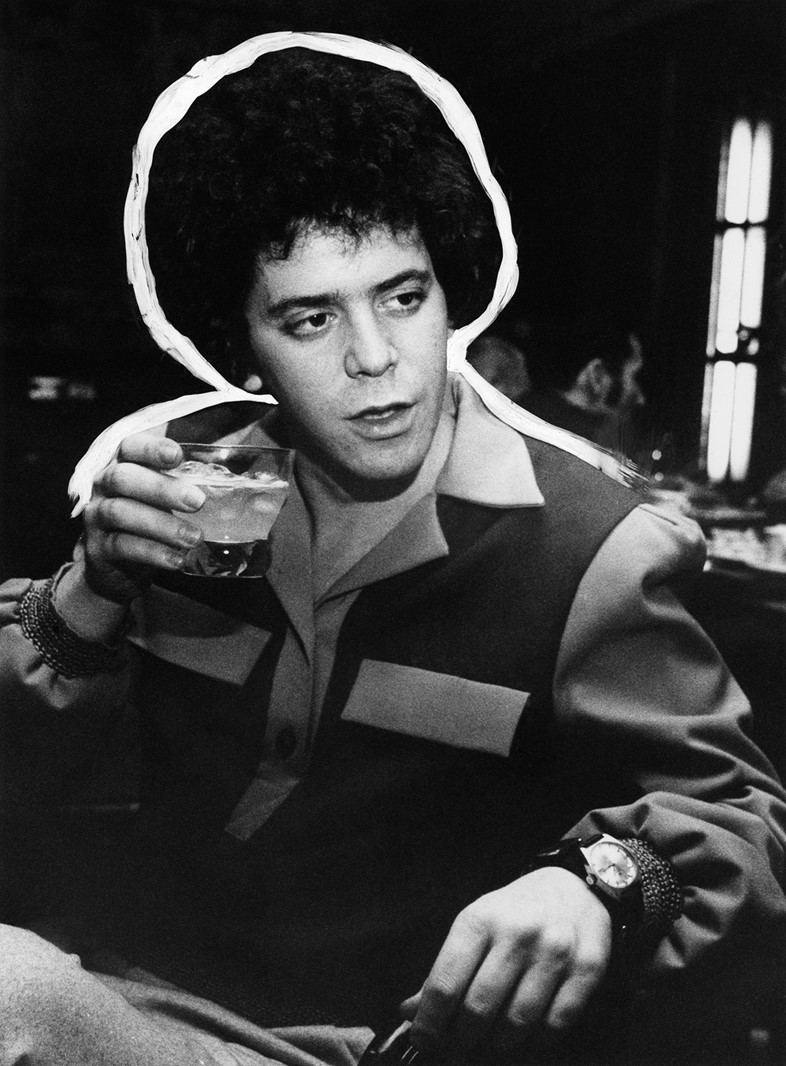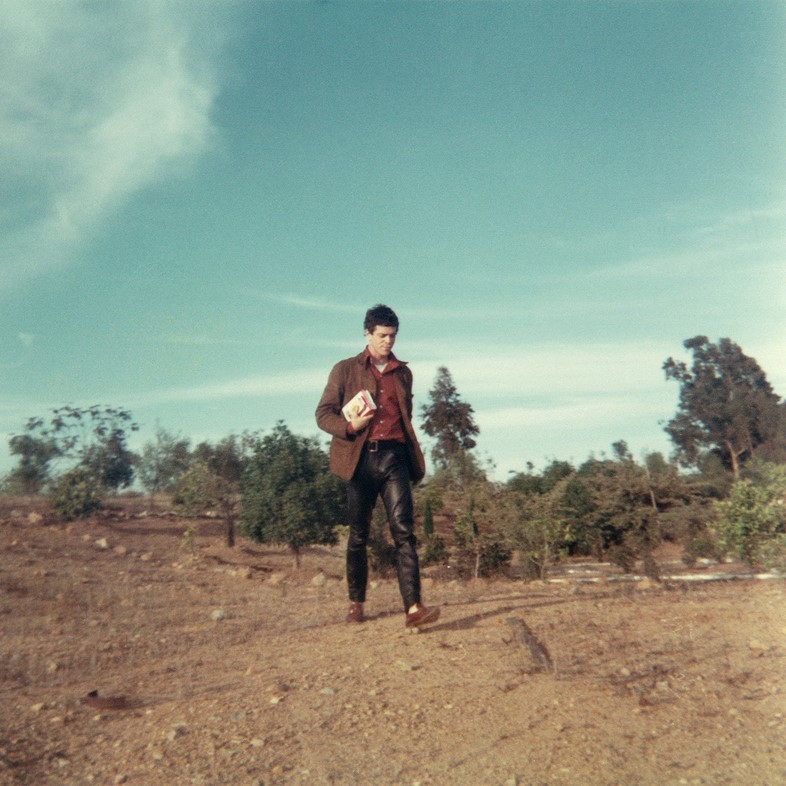In the run-up to the release of ‘Do Angels Need Haircuts? Early Poems by Lou Reed’, we explore the music icon’s gift for penning verse
- TextMiss Rosen
In August 1970, when he was 28 years old, Lou Reed quit The Velvet Underground and moved back into his parents’ home in Long Island, where he stayed for the better part of a year in seclusion to write poetry. He vowed never to play rock and roll again and focussed on writing verse which eventually found its way into the pages of Rolling Stone, in addition to smaller poetry zines like The Harvard Advocate, The World, Fusion, The Unmuzzled Ox, and Cold Spring Journal.
“I’m a poet,” Reed publicly declared on March 10, 1971, as he took to the stage of the Poetry Project at St. Mark’s Church, New York. Standing before the likes Allen Ginsberg and Ted Berrigan, who smiled in support, Reed recited a selection of new poems along with the lyrics by The Velvet Underground.
Six months later, Reed began recording Lou Reed, his self-titled debut solo album produced by David Bowie and arranged by Mick Ronson. But his time away from the limelight was not in vain for it had solidified Reed’s gift for penning lyrical verse that lived on the page – and sometime later in song.
In 1974, Reed compiled All the Pretty People, a book of poetry that was never published. It is only now that his verse has been unearthed, collected, and released in Do Angels Need Haircuts? Early Poems by Lou Reed (Anthology Editions, May 1). The book includes 7” record of the 1971 live reading along with a foreword by Anne Waldman, an afterword by Laurie Anderson, archival notes by Don Fleming, and photographs by Mick Rock.
Here, Fleming provides a five-point guide to the poetry of this music icon.

The rock star as recluse
“Although this mysterious period between The Velvet Underground and his first solo album isn’t as documented as other periods, we know that Lou Reed moved home to regroup. He needed some time off to gather himself and decide where he was going. I don’t think at the time anyone saw what The Velvet Underground was as a huge success. I don’t think Lou was convinced that was going to be his career (laughs). I think he had always fought the idea that he should be a writer and not a rock and roll singer. His lyrics for The Velvet Underground were above and beyond what most people were writing and I think it was drowned out a bit by the chaos of the music. He was serious about poetry and wanted to make a go of it.”
Life as a source for verse
“Spirited Leaves of Autumn directly references his time in college and Delmore Schwartz, his professor and mentor at Syracuse University. It’s an amazing narrative story done in the way that only Lou can create: he invokes Finnegan’s Wake, James Joyce, and people like Sweet Michael, who committed suicide by leaping in front of a train. The poem was a way of putting together his life experience. When you hear Lou reciting the poem, it comes alive in a whole different way.”
The quiet recital
“What’s notable about the performance is that it was a little awkward for him. Lou starts off the reading by having people yelling to be louder because there was no microphone; he was just at a podium. It was his first time and you could tell that he was a bit tentative. He was much more comfortable in the character he is on stage than he was in revealing himself in this way. A lot of the audience wasn’t there to see him succeed as a poet; they were there to see what would happen. People were not very vocal or encouraging. The reaction of the crowd was on the quiet side, with polite, occasional applause.”

The Murder Mysteries explained
“Lou read Velvet Underground lyrics including The Murder Mysteries. As a song it was hard to listen to because two people were talking at once in two different speakers. At the reading, he explained that one side is a manifesto about everything that bothered him and then, on the other side he declared himself the king and meted out his punishment. He saw the song as a concrete poem where you would have a poem where the lyrics were printed over each other. It was always part of his creative nature to approach his lyric writing as poetry.”
Where did All the Pretty People go?
“Lou put together a manuscript with 33 poems laid out in four chapters. Most of it is typewritten and some of it is handwritten with scratched out with notes here and there. We have the letter he sent to the publisher and the letter that came back to him that said, ‘At this time we are not interested in doing this.’ We don’t see any indication that he went anywhere else with it. I find it interesting that he didn’t publish it, even later on when he could have easily put it out.”
Poems from All the Pretty People featured in Do Angels Need Haircuts? include Lipstick, Force It, Whiskey, Bad Trip, Do Angels Need Haircuts?, Since Half the World is H2O, The Murder Mystery, and a slight variation on He Thought of Love in the Lazy Darkness.











